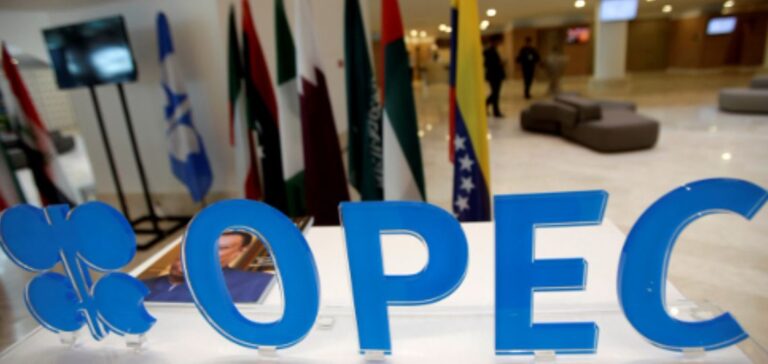Angola, the second largest oil producer in sub-Saharan Africa, recently made waves on the international stage by withdrawing fromOPEC (Organization of Petroleum Exporting Countries). This decision came after a month-long dispute over revisions to its production quota, which Angola saw as a brake on essential investment in its upstream sector. The first signs of production recovery appeared in March, with output recovering from a four-month low to 1.13 million b/d, compared with around 1.11 million b/d in February, according to ANPG (Agence Nationale de Pétrole, Gaz et Biocombustibles).
Impact on Asian markets
As the second largest supplier of crude oil to Asia, after the Middle East, Angola plays a crucial role in the region’s supply strategy. Asian countries, in particular China, India, South Korea and Thailand, are particularly sensitive to fluctuations in Angolan production. China, which receives 80% of Angola’s oil production, sees OPEC’s withdrawal as an opportunity to stabilize and potentially increase its imports. In India, African oil imports hit an all-time low in 2023, at just 4% of their total import basket, partly due to the increased availability of discounted Russian oil.
Opportunities and challenges
Exiting OPEC should theoretically enable Angola to attract more investment in its upstream sector, essential for reversing the downward trend in production seen since 2010, points out a London-based analyst.
“Leaving OPEC may help Angola attract upstream investment, but in the short term we’re unlikely to see a noticeable increase in supplies to China, as China already captures 80% of Angolan production.”
However, there is no shortage of challenges. Aging infrastructure and a lack of exploration activity have hampered Angola’s ability to maintain, let alone increase, production levels. In addition, the departure of international oil companies, mainly from mature basins and fields in West Africa, further complicates the situation.
Regional and global impact
Angolan oil, mainly light and sweet grades such as Girassol, Cabinda and Dalia, is in great demand in Asia due to its superior quality, which adapts well to local refinery configurations. Angola’s increased ability to produce and export without the constraints of OPEC rules could significantly transform the security of oil supply in Asia. This is particularly relevant for Thai and South Korean refiners, who have expressed renewed interest in securing long-term contracts with Angola, given the expected stability of supply.
Angola’s initiative to withdraw from OPEC marks a potential turning point for oil market dynamics in Asia. By increasing production and offering greater flexibility to its Asian buyers, Angola is not only boosting its local economy, but also contributing to greater stability in Asia’s oil supply. However, the long-term impact of this decision will depend on Angola’s ability to overcome its internal challenges and attract the investment needed to maintain an upward production trajectory.





















